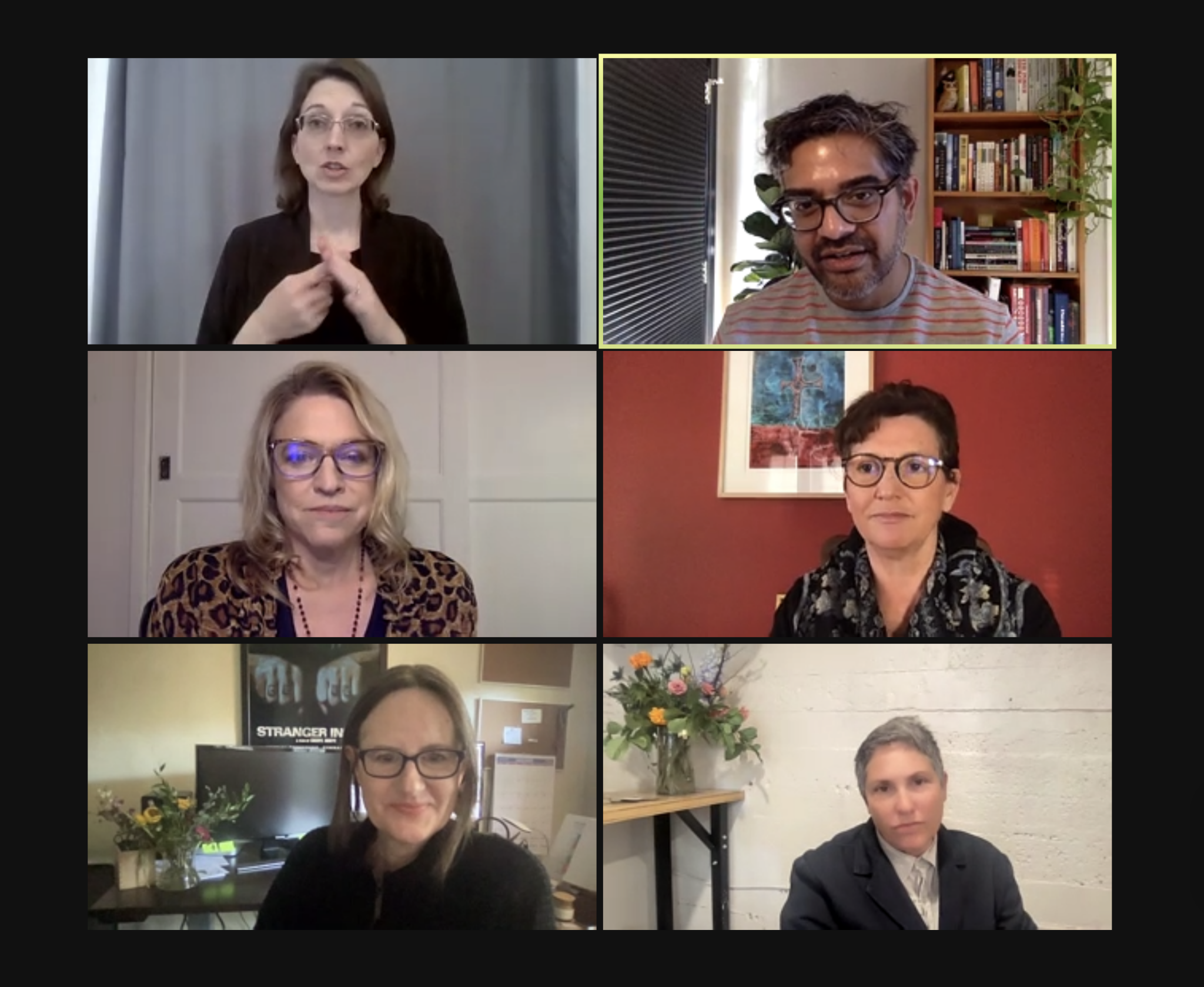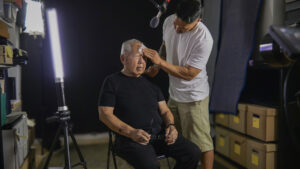By Stephanie Ornelas
“If the camera is predatory, then the culture is predatory as well.”
This is one message director Nina Menkes wanted to send in her documentary Brainwashed: Sex-Camera-Power.
The film is based on Menkes’ impactful presentation called “Sex & Power, The Visual Language of Cinema,” which she initially delivered exclusively to her students. Her talk centers on how shot design is gendered and examines how women actors are consistently filmed differently. Taking a close look at the “male gaze,” the film dives into the obsession with oversexualizing women in cinema.
Menkes may not have known how much attention her presentation would get and the change it would inspire, especially following the Me Too movement. Regardless, Menkes was encouraged to make a documentary about it, and that’s exactly what she did.
The film pulls together 175 film clips from cult classics and some of the most beloved works in Hollywood to show the immense power of cinema and how its visual language has been used to disempower and oversexualize women. And it does so in a chilling way, revealing a serious issue of misogyny that has played out right before our eyes for so many years. There’s something about seeing all the clips together that resonates with the audience.
“You watch one movie and the girl is being sexualized and you might think, ‘Oh what else is new?,’ and you kind of block it out, or maybe you try to watch another part of the movie,” says Menkes. But watching [the clips] all together, she explains, is a completely different experience.
In 2011, it dawned on co-producer Maria Giese that 80% of entertainment media content that’s distributed around the world comes from the U.S. and that women directors were directing almost none of it.
“Who creates the media, the story, and the images that are distributed around the world, is a matter of geopolitical concern,” says Giese, who worked to increase employment for women through the Directors Guild. That connected her to Menkes.
“That was when we realized that we weren’t going to get anywhere until we brought people in from the outside, like the ACLU and the EEOC, to get a federal investigation going,” Giese explains. “I think this really helped set the foundation for Me Too.”
The documentary touches on pressing issues like pay inequality, sexual abuse, and toxic masculinity, as well as how female anger is often used as a spectacle in cinema.
Joey Soloway, activist and interviewee in the documentary, points out that the film takes the audience on a journey to a dark place, and that it does so using some of the most beloved films in history, which proves that a project like this is long overdue.
But what’s even more empowering is what Soloway brings up in the post-screening Q&A.
“To be at Sundance and to know that Harvey Weinstein is behind bars and we’re having this conversation — we’re making history, whether we’re on the mountain or not,” Soloway says. “We’re all victims of this male privilege that’s been propagating in filmmaking.”
While Menkes is no stranger to the Sundance Film Festival, she said this is a film unlike any she’s ever made, and making the project was a transformative process for her.
“The film is completely different from all my other films, and I myself went through a process of liberation,” she says in the post-screening Q&A.
“I knew all these things that I was talking about, but by diving into the project and really examining these clips, it’s like I didn’t even know I was in this prison.”







